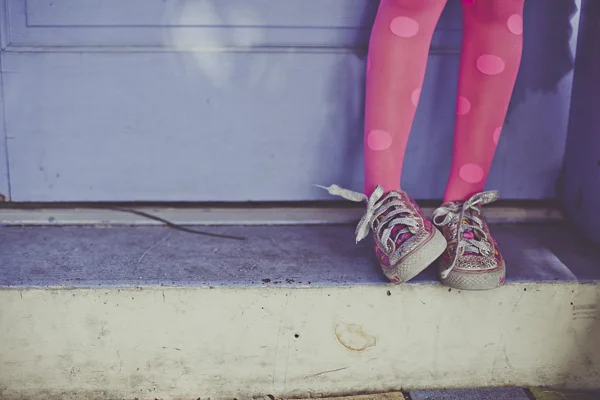What are the statistics for the sexual abuse of children?
The sexual abuse of children happens frequently- 1 of every 4 girls and 1 of every 13 boys has suffered some type of sexual abuse before the age of 18.
75% of abuse cases have been committed by members of the family or persons in the victim’s “ circle of trust.”
23% of those committing the abuse are under 18 years of age.
These statistics and more can be found here
How can we notice when a child has been sexually abused:
Abrupt changes in their personality.
Knowledge of sexual themes, sexual language and/or inappropriate conduct for a child his/her age.
Increase in nightmares and difficulty sleeping.
A regression in their development, especially for children under seven.
Anxiety.
Irritability/tantrums.
Extreme fear of remaining alone with someone in particular.
Photo by Emily Robinson Photography
What can be done in order to prevent abuse of our children:
Start to talk to them about their bodies and their private areas from age three onward.
Teach them the medical terms for their anatomy. They should use the words vagina, penis, breasts. Don’t use cute versions.
Do not focus only on being cautious with strangers. Remember the majority of sexual attacks happen with people the child knows (75%). The message is that nobody can see, touch or ask about your body and your private areas.
For young children tell them they can’t ask someone else to show them their body or private parts. Teach them about consent and respect for others bodies and feelings of safety.
Give them permission to tell anyone that they are not comfortable with being touched by them or speaking to them. Don’t obligate your children to give kisses or hugs when they do not want to, and that includes Granny.
Very important: Inform your children that no adult or adolescent needs help going to the bathroom or with their private parts. This is a common method for confusing a child and leading them into an encounter.
Teach your children that it is not good to keep secrets. Differentiate between a surprise, like a party or a gift, and the secrets that feel like lies and that make them feel afraid. Be clear and specific that no adult or adolescent can ask them to keep a secret from you.
Trust your instincts. If you do not feel comfortable with a person, do not leave your children with them. You do not need a reason.
What can a family do when a child comes forward and tells them that they have been sexually abused:
Believe them and do not accuse them of doing something to bring this on themselves.
Remain as calm as possible and listen to the child attentively.
Give them thanks for coming forward and assure them that you are going to protect them.
Seek professional help immediately. Nationally, you can call 1-800-422-4453 or visit https://www.childhelp.org in order to find local help.
It is a myth that sexual abuse injures a person for the rest of their lives. This happens only when a person does not receive psychological help and processes what happened to them. For this reason, it is crucial to find professional help immediately.


